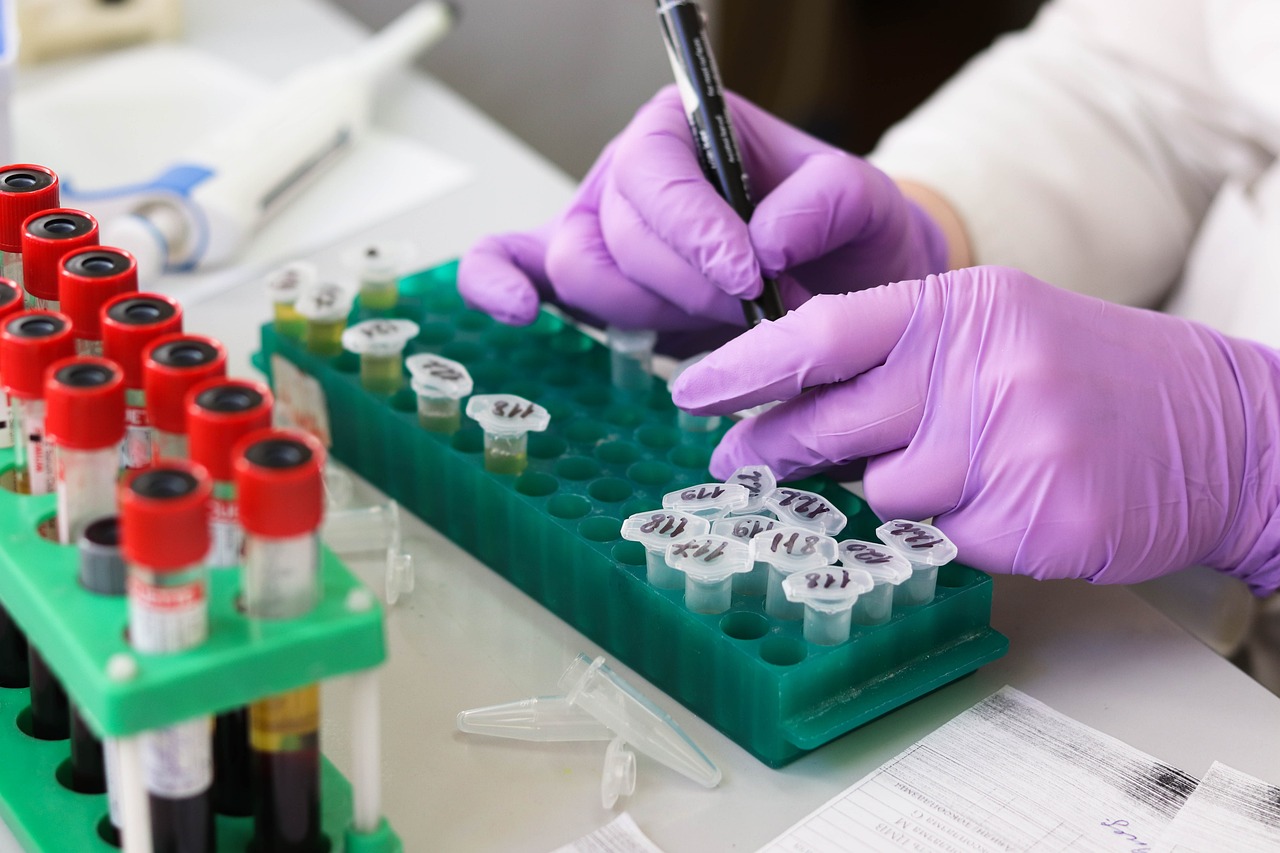Physical Wellness
The Risks of Untreated Bacterial Vaginosis

(Photo : The Risks of Untreated Bacterial Vaginosis)
Bacterial vaginosis, also known as a vaginal bacterial disease, is one of the most common causes of vaginal infections in women of childbearing age. This usually happens after having sex with a new partner. However, BV is not considered an STI, and it can occur even if a woman has never had sex. In this article, we'll discuss the complications associated with non-treatment of BV, the symptoms, possible treatment options, and its benefits.
What are the Symptoms?
The most common symptom is unusual discharge from the vagina, known as leucorrhoea, which may appear as greyish white or yellow. Other signs of bacterial vaginosis can be a "fishy" smell, which often worsens after intercourse. However, these symptoms are rarely severe, with about half of women not noticing.
A lot of things could cause abnormal vaginal discharge, including some sexually transmitted diseases. If you are experiencing these symptoms, you should see a doctor to get a proper diagnosis.
Complications Associated with Non-Treatment of BV
If left untreated, bacterial vaginosis can lead to problems and complications. These include a higher risk of pelvic inflammatory disease and infection of the female sexual organs, which can lead to infertility. In addition, studies have found that women with bacterial vaginosis are at a higher risk of contracting certain STIs, including HIV.
Bacterial vaginosis also increases the risk of post-operative infections after a hysterectomy, or dilation and curettage. Pregnant women showing the symptoms of bacterial vaginosis should seek medical attention and get tested immediately. This is especially important because, if left untreated, bacterial vaginosis can cause low weight in newborn babies (under 5.5 pounds) and cause premature birth.
Possible Treatment Options for Bacterial Vaginosis
To treat bacterial vaginosis, your doctor may prescribe one of the following drugs:
-
Metronidazole (Flagyl, Metrogel-Vaginal, others). This medication can be taken orally but is also available as a topical gel or pessary for vaginal insertion. To reduce the risk of stomach upset, abdominal pain, or nausea while using this medication, alcohol should be avoided during and at least one day after treatment. Consult the product documentation for more information.
-
Clindamycin (Cleocin, Clindesse, others). This drug is available as a cream or in tablet form. It's important to note that clindamycin cream weakens latex condoms for at least three days after application of the cream, so extra precautions may be required to practice safe sex.
-
Tinidazole (Tindamax). This medication is taken orally. Alcohol should be avoided during treatment and for at least three days afterward. Tinidazole causes the same stomach upsets and nausea as oral metronidazole.
Usually, there is no need to treat male sex partners of women with BV, but bacterial vaginosis can be transmitted between females. Female sex partners should therefore request a test and may need treatment. It is particularly important to treat symptomatic pregnant women to reduce the risk of preterm delivery and low birth weight.
Continue taking medication as directed by your doctor even when the symptoms go away. Stopping treatment early may increase the risk of relapse.
Benefits of Bacterial Vaginosis Treatment
Treating bacterial vaginosis reduces the risk of uterine infection after pregnancy, early (preterm) delivery, and risk of miscarriage.
Treatment also reduces the risk of pelvic infection women who have recently had a pelvic procedure such as a hysterectomy, abortion, or a cesarean section. Furthermore, successful treatment of BV reduces the chances of contracting sexually transmitted diseases.
Prevention
These tips help prevent bacterial vaginosis:
-
Minimize vaginal irritation. Use mild, unscented pads or tampons and non-deodorant soaps.
-
Don't douche. With the exception of a normal bath, your vagina does not need to be cleaned. If done frequently, douching can cause an imbalance in vaginal flora and increase the risk of infection.
-
Avoid sexually transmitted infections. Limit the number of partners, use male latex condoms, or avoid sex to minimize the risk of sexually transmitted diseases.
* This is a contributed article and this content does not necessarily represent the views of counselheal.com









Join the Conversation